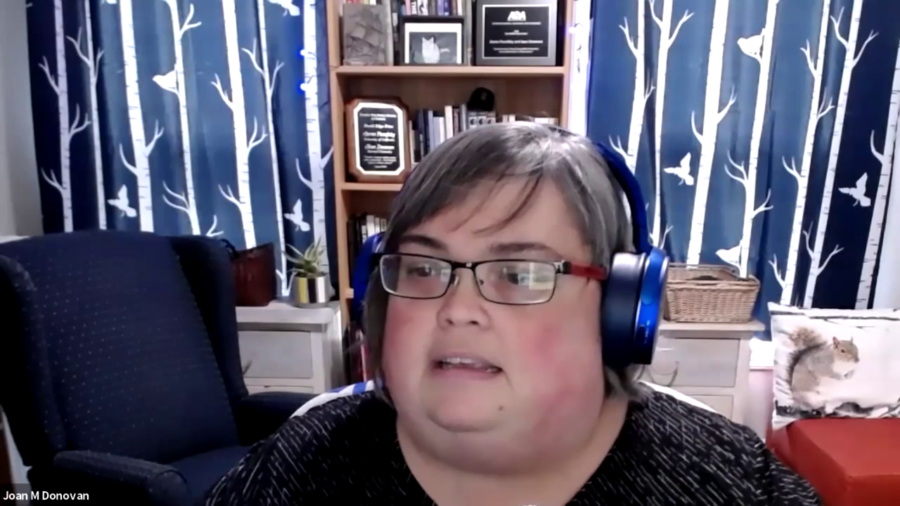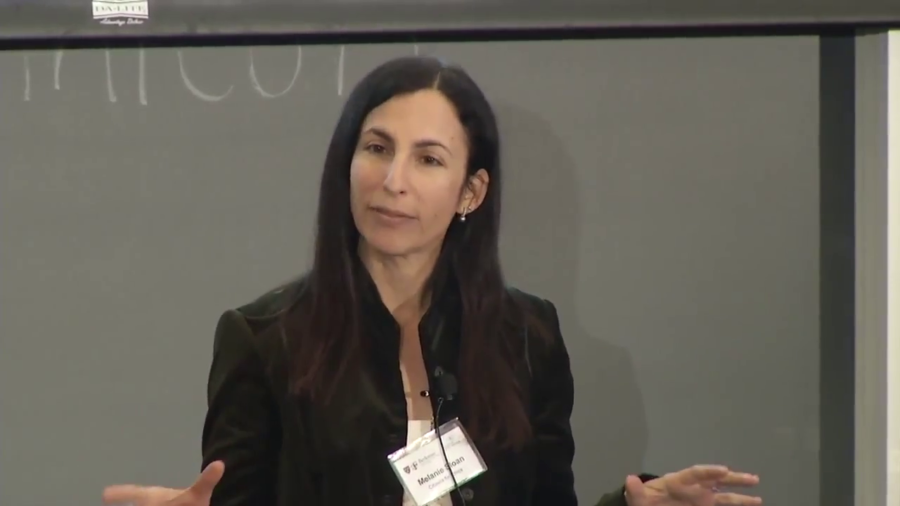Of course we’re avid, avid watchers of Tucker Carlson. But insofar as he’s like the shit filter, which is that if things make it as far as Tucker Carlson, then they probably have much more like…stuff that we can look at online. And so sometimes he’ll start talking about something and we don’t really understand where it came from and then when we go back online we can find that there’s quite a bit of discourse about “wouldn’t it be funny if people believed this about antifa.”
Archive (Page 1 of 3)
What I’m going to do today is situate digital methods as an approach, as an outlook, in the history of Internet-related research. I’d like to divide up the history of Internet research largely into three eras, the first being where we thought of the Web as a kind of cyberspace.
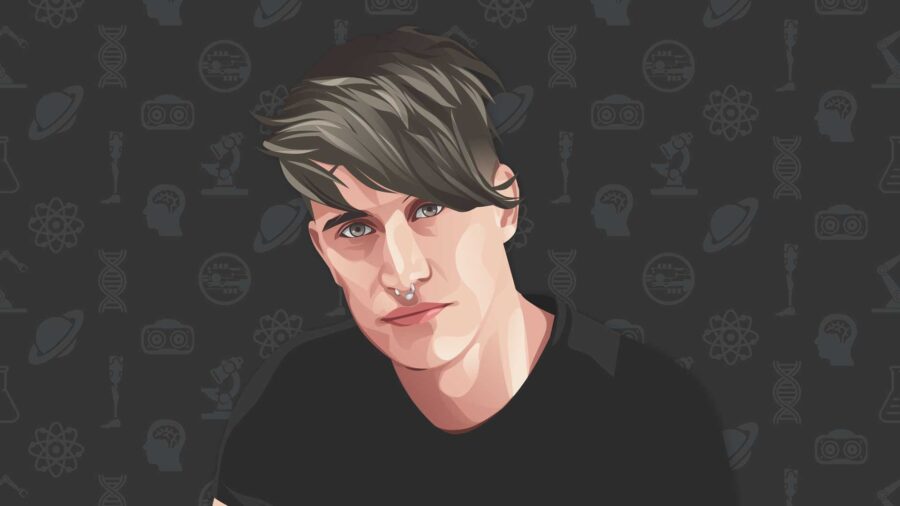
This idea of (re)performing the posthuman was pretty much based on a desire to talk about the cyborg ten years after, or fifteen years, twenty years after the Cyborg Manifesto and Katherine Hayles’ book became famous. And to really—yeah, to talk about maybe the normal cyborg, the normal technologized body. You know, technology in the everyday and its implications for the way we perceive and experience our bodies.
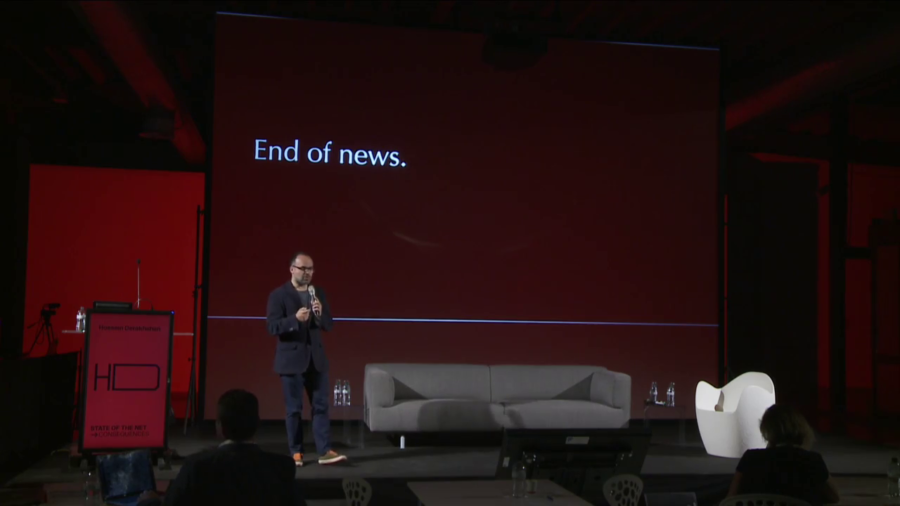
I think this is the end of the news. Not the end of journalism, end of news. And I think the whole discussion about business models, or quality, or trust, or ethics are secondary to what is the real problem, which is a cultural problem and a social problem.
What I’ve seen as a founder of MoveOn is that we’ve become increasingly polarized. And in fact we have gotten to the point where we have separate…realities? when it comes to a whole raft of facts. And so how can we possibly make good decisions together when we don’t even share basic facts? You first have to have a relationship, and you have to have shared values.
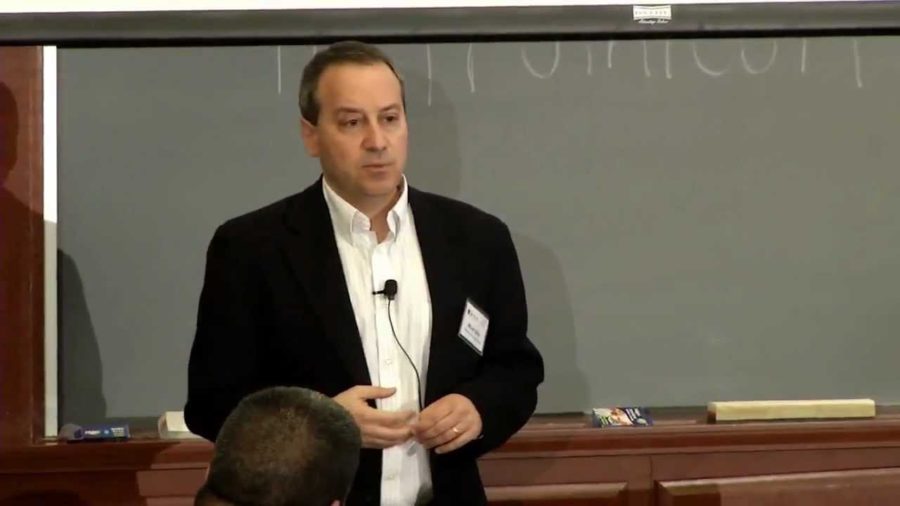
I actually want to go beyond the way we think about the Internet to think about this whole question we’ve been wrestling with, which is you know, our information system, and to take a metaphor that my friend Craig Newmark likes to say, which is that the press or the media is the immune system of democracy.
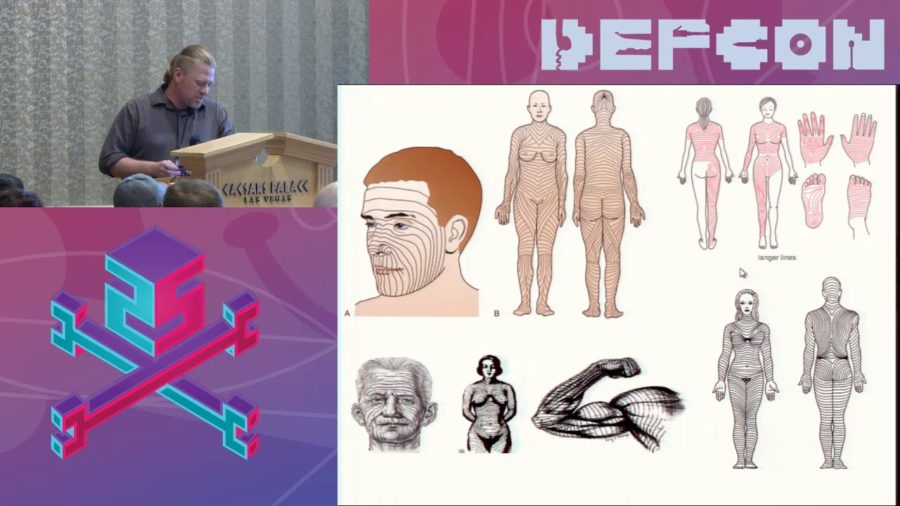
So grinders are a community committed to radically altering the body. And so sometimes it’s treatments like transcranial magnetic, or direct current stimulation. It could be through the use of previously untested chemicals like VIP. Often it takes the form of implanted devices. All these approaches come with risks. What I’m going to focus on today is why despite all the risks being taken, a grinder hasn’t died yet.
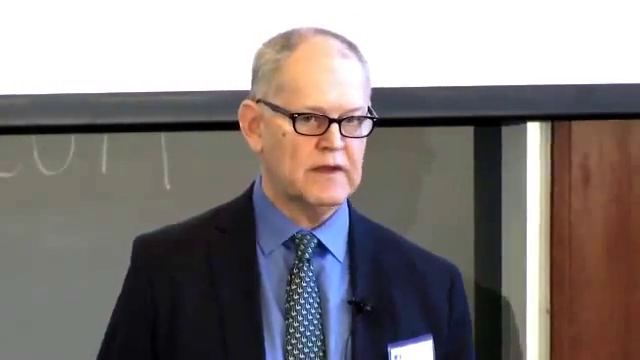
Today, because of the digital media, big companies are able to get their propaganda directly to their target audiences, as I was able to do. They can and they do publish and disseminate their own press releases, and their own studies, and their own position papers. All this means that the consumer is often, if not most of the time, at a big disadvantage.

